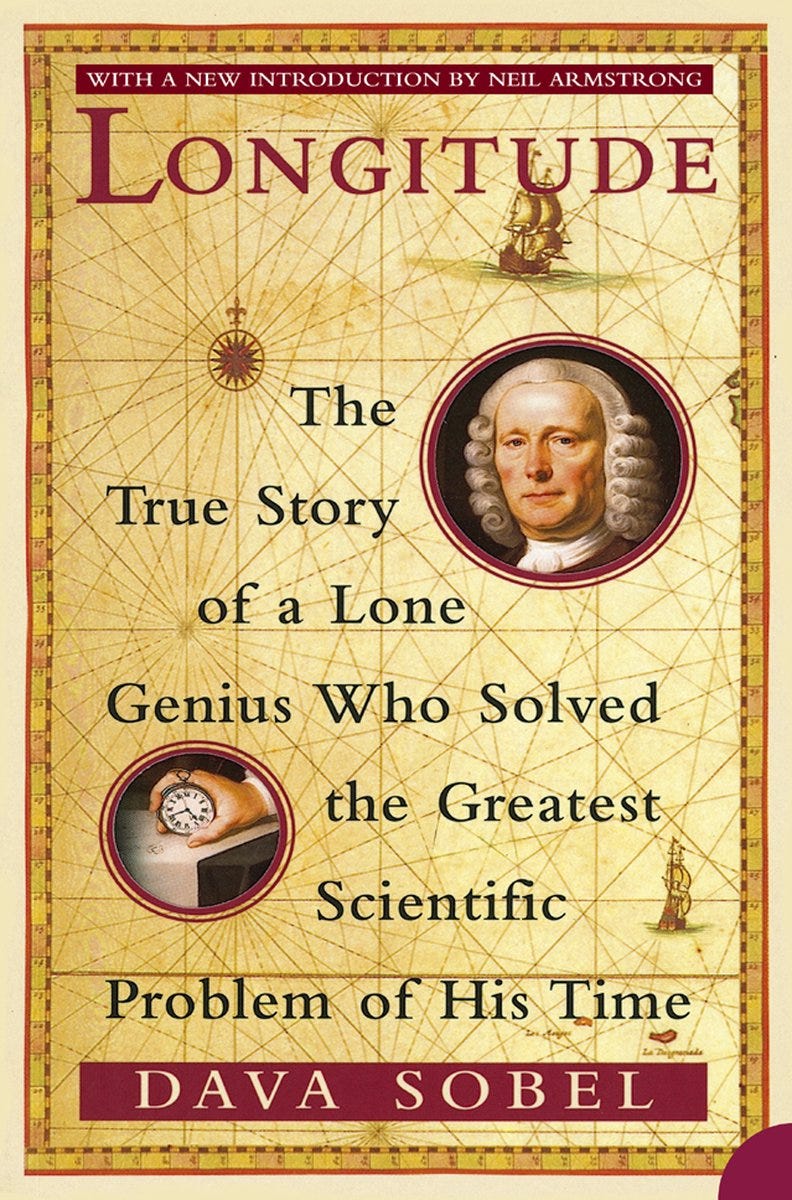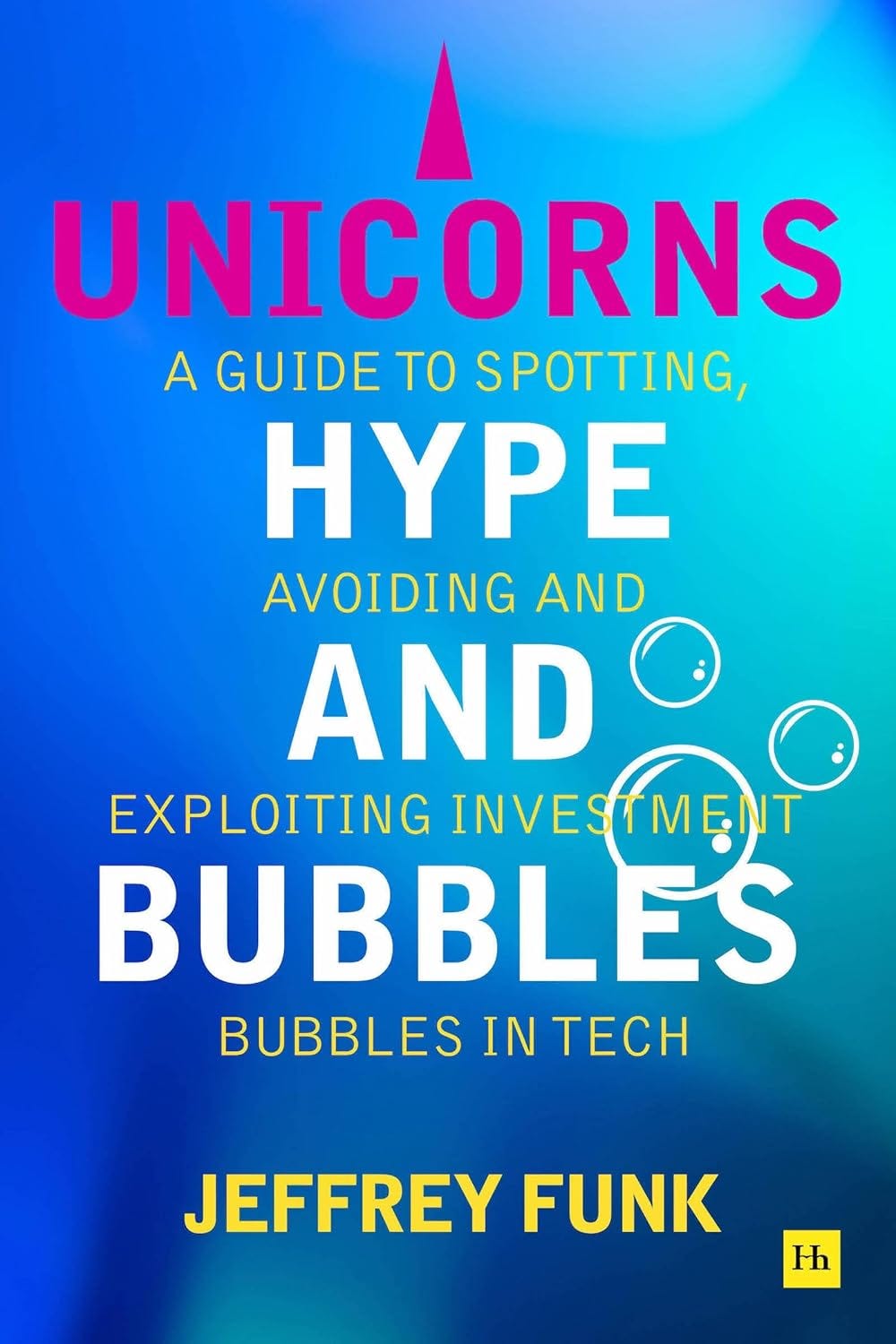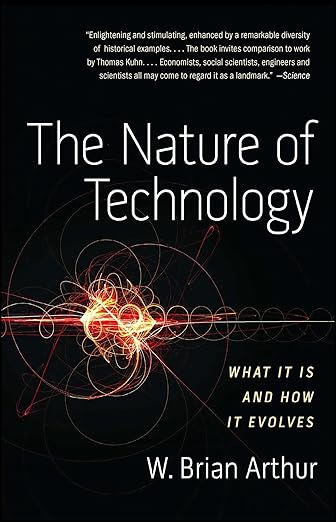What tech founders should read instead of airport pulp
Up your reading game with reading tips for the summer of 2025
Fun little tradition of my Substack, my summer reads recommendations. Enjoy!
Founders who read have an edge; I truly believe that. Yet after joining a founders’ book club, I came away disappointed: most of the titles were airport pulp—blog-post ideas stretched into book length, with chapter one stating the point and the next nine chapters repeating it.

Think the stretched out Surrounded by Idiots. Or do you really need a step-by-step manual to build Atomic Habits? If The Subtle Art of Not Giving a Fck* didn’t annoy you, I’m not sure what will. Be honest: how many times have you actually run the Build-Measure-Learn loop since finishing The Lean Startup? And please, don’t get me started on Harari’s Sapiens; it is a breezy read that flatters the reader while oversimplifying history, sometimes to the point of being misleading. I digress.
Yes, I’m a book nazi. Reading can do for the mind what lifting weights does for muscles or what running does for stamina. Yet some books are like a cross-trainer: fine for a light warm-up or as a gateway, but you wouldn’t train for a marathon on one.
Three themes to watch out for
I rarely recommend how-to books on entrepreneurship. If you hope to become a tech founder, you need a broad grasp of what technology was and is, and that comes down to three core ideas.
History
First, cultivate an awareness of how technologies have evolved over time. Tracing their long arcs helps you spot patterns and accept that true breakthroughs rarely arrive overnight. It tempers impatience and offers a richer sense of how today’s world came to be. When you explore the stories behind earlier inventions, you discover that the struggle to achieve product-market fit has always been part of the game.
Philosophy
Second, study the philosophy of science and technology. I am not referring to The Daily Stoic or other self-improvement reads; focus on writers who ask what technology and science is at its core. Their ideas give you a sharper vocabulary for framing problems, which makes it easier to reach product-market fit.
Meta-perspectives and true deep dives
Third, when a topic grabs you, begin with a reliable overview. Oxford’s Very Short Introductions series is a solid, academically grounded entry point on almost any subject—Geology, Logic, Psychology, you name it. From there, seek out a well-researched deep dive, like the tech-bubble book I’ll recommend later. These broader texts give you context and help you tune out the hype that revolves around buzzy titles.
The Historic Books
The 18th-century entrepreneur who fixed GPS
Longitude: The True Story of a Lone Genius Who Solved the Greatest Scientific Problem of His Time by Dava Sobel
Did you know maritime navigation was a huge issue in the 18th century? I didn’t. Figuring out how far you are from the North or South Pole is pretty easy—you just watch how long the day lasts. But figuring out how far you’ve traveled east or west? The sun isn’t much help. This challenge was called the Longitude Problem, and it was so pressing that the British government offered a £10,000 reward—roughly €2 million today—for anyone who could crack it.
Reading about it, it felt like half the great minds of the era were on the case: Galileo, Newton, Kepler, Halley (of comet fame). Yet the breakthrough came from someone with a much humbler background. A clever horologist named John Harrison devised a clock that wouldn’t lose more than a couple of minutes a day—no small feat when two minutes error could set a ship 200 miles off course. His story is captivating: he built a series of increasingly accurate sea watches, then battled the Board of Longitude before finally receiving the prize money he deserved.
How the predecessor of the internet wasn’t an instant hit
The Victorian Internet: The Remarkable Story of the Telegraph and the Nineteenth Century's On-Line Pioneers by Tom Sandage
You’d think the technology that came before the internet and the telephone would spread like wildfire, right? I certainly did. Talking to someone in seconds instead of mailing a postcard that takes weeks sounds like a clear upgrade, yet it took decades for the electrical telegraph to gain traction.
A big part of the delay was convincing governments it wasn’t a magic trick. Samuel Morse (yes, the Morse-code guy) spent years staging demos before investors finally backed his plan to send electric signals along wires.
The story shows how entrepreneurs can struggle even when their tech works, while smooth-talking charlatans with zero clue sometimes score heaps of government cash for pipe-dream projects. One promoter with no experience in deep-sea cables talked the US government into funding a transatlantic line that failed again and again, lol. Plenty of parallels to today’s snake-oil sellers and the grind of real innovation. Fun read.
Deep Dive
How most tech bubbles are bullshit
Unicorns, Hypes, and Bubbles by Jeffrey Funk
I snapped up Unicorns, Hype, and Bubbles the moment pre-orders opened because Jeffrey Funk is one of the sharpest hype-spotters in tech and venture capital. In roughly 240 pages he maps out four main bubble types—startup, technology, science-driven, and the free-floating “micro-bubbles” that orbit them—then arms readers with a practical checklist for telling exuberant storytelling from solid business mechanics. The book landed in late 2024 through Harriman House, and Funk backs every claim with hard unit-cost data, adoption curves, and post-mortems of past manias.
The case studies are lively and familiar: 3D printing, self-driving cars, VR/AR, hyperloops, and more. Across each, Funk shows the same pattern—soaring narratives built on shaky unit economics, fueled by cheap capital and social proof, then a long hangover when reality bites. His core lesson is that bubbles are inevitable but survivable: ignore buzzy slogans, follow the numbers, and you can dodge—or even short—the worst of them while still spotting the occasional transformative breakthrough.
Philosophy
What comes first, science or technology?
The Nature of Technology - Brian Arthur
Before reading The Nature of Technology I pictured “technology” as the flashy stuff:AI chips, rockets, brain-computer links. Arthur widens the lens. A technology is any device that harnesses a natural phenomenon for a purpose. Boiling water counts just as much as a jet engine. Seen this way, every invention is a modular building block that nests older parts and can be nested into something bigger. Darwinian, he would almost say.
Arthur then shows that progress is mostly remix. New blocks combine into fresh systems, while theory often trails behind practice—steam engines before thermodynamics, radios before radio physics. When clusters of related inventions hit critical mass, they reshape whole economies. After this book, “technology” feels less like today’s headlines and more like an ever-growing web of phenomena, parts, and purposes.
Need a sounding board on your product-market fit or GTM strategy? The first session is always free. Check out my way of working and pricing below.









